MS012 - Data-Enhanced Modeling and Applications
Keywords: Machine Learning, reduced order modelling
In recent years, integrating data-driven techniques with traditional physics-based methods has opened up new frontiers in computational science [1, 2]. This invited session on Data-Enhanced Modelling and Applications aims to bring together experts and researchers to explore innovative approaches where data augments classical models. These hybrid techniques leverage scientific machine-learning, statistical methods, and data assimilation to enhance accuracy, reduce computational cost, and improve the predictive capabilities of surrogate models.
The session will cover a broad range of topics, including but not limited to: scientific machine-learning for model calibration and discovery, data assimilation and parameter estimation, data-based reduced order modeling, uncertainty quantification and propagation, with applications in engineering, material science, and biomechanics. This session aims to foster collaboration between computational scientists and domain experts, advancing the development of methods that synergize data with physics-based models. By highlighting successful applications and ongoing challenges, this session will stimulate discussions about potential future research directions in linear and nonlinear model order reduction, scientific machine-learning, and data-driven methods.
REFERENCES [1] Benner P, Grivet-Talocia S, Quarteroni A, Rozza G, Schilders WHA, Silveira LM., eds. Model Order Reduction Volumes 1-3. Berlin, Boston: De Gruyter. 2021.
[2] Ghattas O, Willcox K. Learning physics-based models from data: perspectives from inverse problems and model reduction. Acta Numerica 30:445-554, 2021
The session will cover a broad range of topics, including but not limited to: scientific machine-learning for model calibration and discovery, data assimilation and parameter estimation, data-based reduced order modeling, uncertainty quantification and propagation, with applications in engineering, material science, and biomechanics. This session aims to foster collaboration between computational scientists and domain experts, advancing the development of methods that synergize data with physics-based models. By highlighting successful applications and ongoing challenges, this session will stimulate discussions about potential future research directions in linear and nonlinear model order reduction, scientific machine-learning, and data-driven methods.
REFERENCES [1] Benner P, Grivet-Talocia S, Quarteroni A, Rozza G, Schilders WHA, Silveira LM., eds. Model Order Reduction Volumes 1-3. Berlin, Boston: De Gruyter. 2021.
[2] Ghattas O, Willcox K. Learning physics-based models from data: perspectives from inverse problems and model reduction. Acta Numerica 30:445-554, 2021

